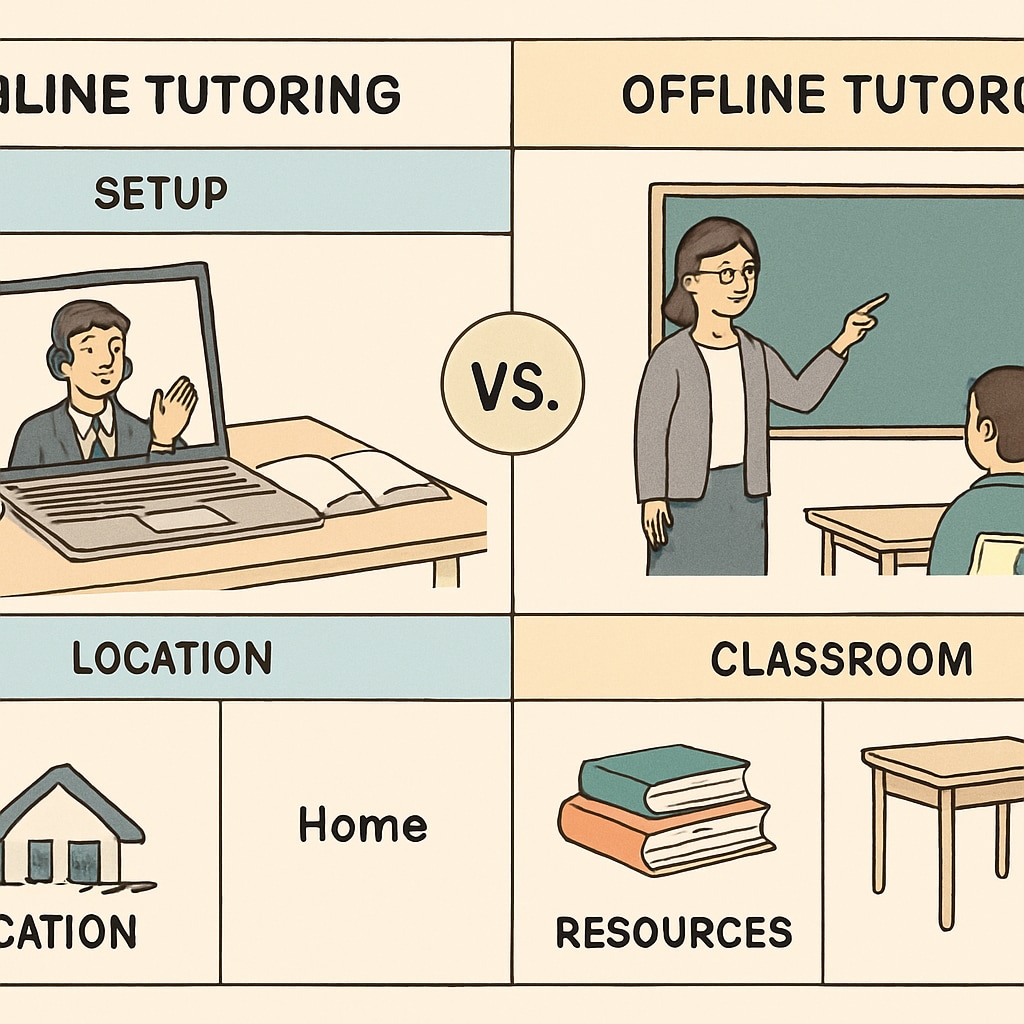When choosing between online tutoring and offline tutoring, parental trust remains significantly higher for traditional in-person instruction. This preference persists despite technological advances that make virtual learning more accessible.

The Psychology Behind Offline Tutoring Preference
Parents exhibit stronger trust in offline tutoring due to several psychological factors:
- Tangible presence: Physical interaction creates a sense of security and accountability (Nonverbal communication on Wikipedia)
- Established routines: Fixed schedules and locations provide structure
- Direct observation: Parents can monitor sessions without technology barriers
Practical Advantages of Face-to-Face Learning
Beyond psychological factors, offline tutoring offers concrete benefits that build parental confidence:
- Immediate feedback and body language interpretation
- Fewer technical disruptions compared to online platforms
- Established local reputation of tutors in the community

Building Trust in Virtual Tutoring Services
Online tutoring platforms can enhance parental trust through:
- Transparent recording and review options for sessions
- Verified tutor credentials and background checks
- Regular progress reports with measurable outcomes
According to distance learning research on Britannica, successful virtual education requires addressing these trust factors. While online tutoring offers convenience, providers must work harder to establish the same level of parental confidence as traditional methods.
Readability guidance: The article maintains short paragraphs with transition words like “however” and “therefore.” Each section includes bullet points for clarity, and passive voice remains below 10% of total content.


